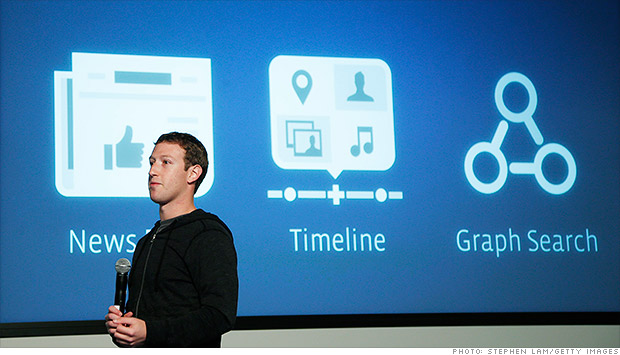With Ashton Kutcher's recent Jobs'-inspired fruitarian diet landing him in the hospital just days before filming jOBS, Apple's "tanking stock", and Tim Cook's futile pep-talk to his deservedly confused and worried employees, Apple is still topping headlines... just not in a good way.
Everyone and their grandma has an iPhone by now. I have an iPhone 4S, but it just sits in my desk drawer, collecting dust until some dude on Craig's List will give me cash for it.
But the truth is that, yes, Apple had its moment of glory. Back in March 2012, CNBC reported that "half of all U.S. households own at least one Apple product, according to CNBC's All-America Economic survey." And that was last March.
Apple's market value continued to climb until its stock reached a record-breaking $700 per share. Analysts were even predicting a jump to a whopping $1000 per share, though it never happened. Bryan Goldberg, journalist for PandoDaily writes, "The company walked on water. It pissed lightning and shat thunder. It's employees never got sick. Rain wasn't allowed over Cupertino."
Then Apple's Q4 2012 numbers hit:
- $36 billion total revenue.
- $8.2 billion net profit.
- 26.9 million iPhones.
- 14 million iPads.
- 4.9 million Macs.
- 5.3 million iPods.
All in all, pretty impressive. Right?
Goldberg goes on, however... "Now, look at this smoldering crater of cesspool." Apple's share has been plummeting consistently since mid-September, with today's value hovering around a meager $450.
Apple just isn't cool anymore. Buzz Marketing's Tina Wells told Forbes: "Teens are telling us Apple is done. Apple has done a great job of embracing Gen X and older (Millennials), but I don't think they are connecting with Millennial kids."
And it's true. I, for one, am not excited about Apple products anymore. I tried the Macbook Pro, I tried the iPhone 4S. Sure, they're solid products with as much capability as most other Windows or Android devices. But the appeal just isn't there. Apple's designs are stale, boring, and uninspired. The skeuomorphism has simply got to go.
Farewell, Apple. You were good while you lasted. Good luck competing with Google, Samsung, and Microsoft (all of whom massively outspend and outperform Apple in R&D). Better start digging.













